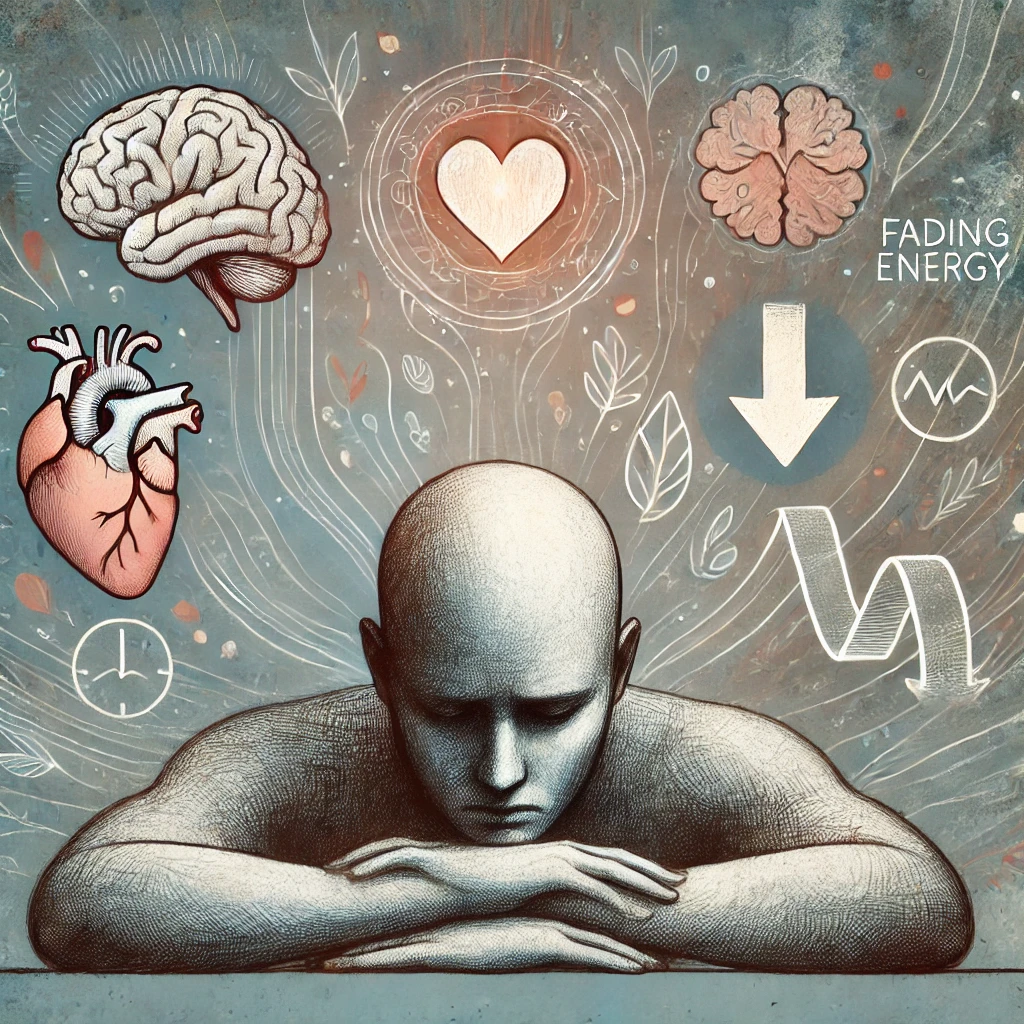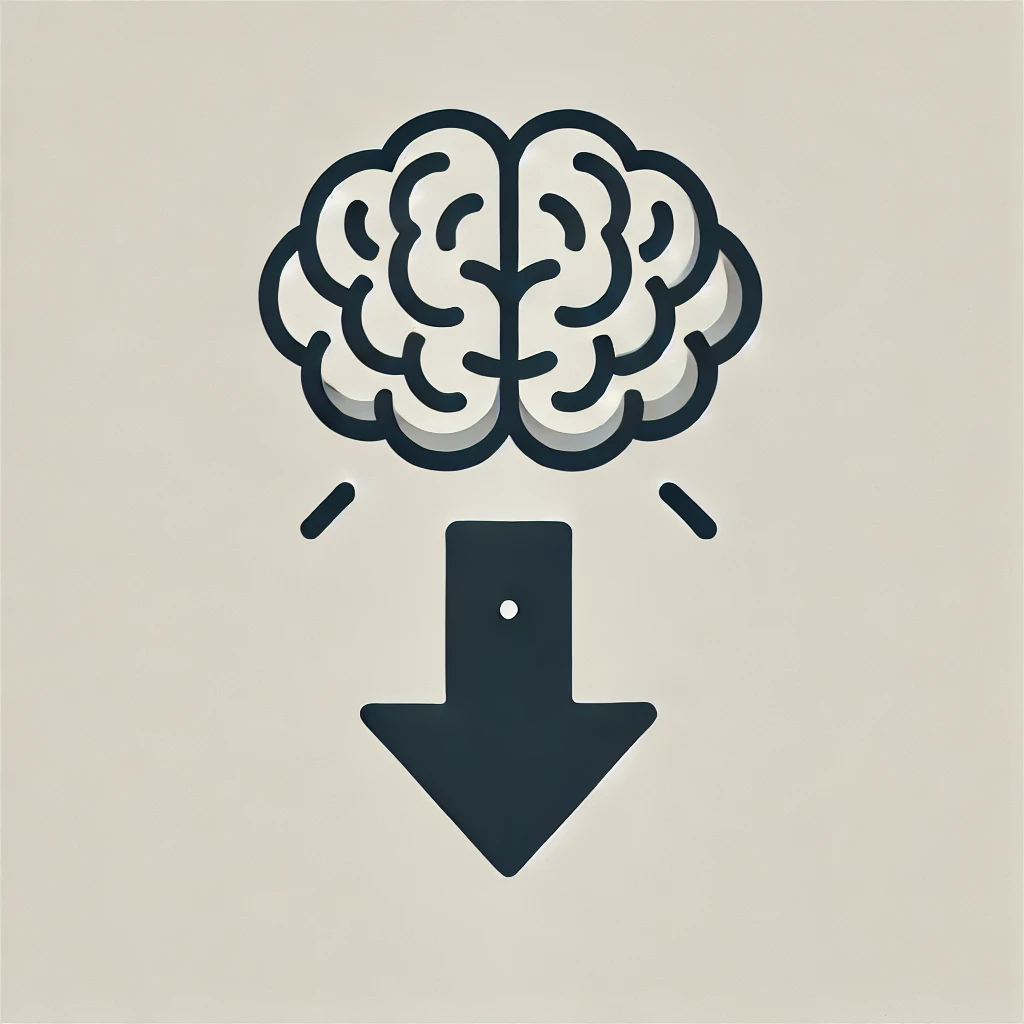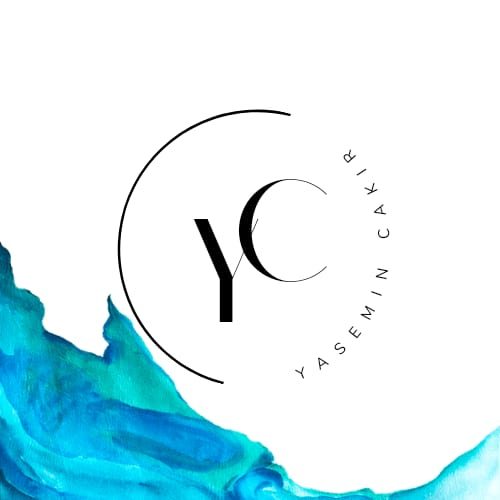Throughout my treatment journey, I am now finding myself awaiting the possible diagnosis EUPD, and whilst trying to make sense of it all, I find myself more and more able to expand on my own blogs, and this one I feel closely relates to Trauma Stacking.
I will delve deeper into how Trauma Stacking can cause further mental health conditions and new diagnosis’, mainly EUPD (Emotionally Unstable Personality Disorder) also known as BPD (Borderline Personality Disorder)
It is important to note that although the diagnosis of EUPD may follow after specific traumatic events, it may not necessarily be the direct cause of EUPD as it is likely that EUPD itself will be misdiagnosed previously as other illness’ such as depression, anxiety or more likely, PTSD or C-PTSD and can be genetic vulnerability. Please always gain medical insight for accurate diagnosis.

What is EUPD?
EUPD, is Emotionally Unstable Personality Disorder and portrays itself in many ways, which patients can often relay as being ‘disruptive’ to day to day life and debilitating such as:
- Emotional Instability: This can usually be described as extreme emotional and even sometimes physical responses to very ‘normal’ and usually ‘non-triggering’ everyday situations. For example, the dish not fitting into the dishwasher the first time. For me, this can cause a mini but complete breakdown- with tears, palpitations, overwhelming feelings of fear, despair and loneliness, the feeling of ‘flight’ in my fight or flight response due hypervigilance, panic, escapism… Hence, I think I feel I hold this trait.
- Fear of Abandonment: One of the major traits of EUPD is fear of abandonment, something I didn’t realise I struggled with so intensely until I realised that this trait also includes fear of rejection. Rejection is one of my main fears in life, a worry I face daily. To me, rejection itself feels literally like a brick wall falling down inside my soul. Even if it is a minor rejection, I feel as if I am completely worthless, powerless and even unloved. I doubt every achievement of my own and can only see failure going forward for myself. Again, another trait I feel I hold.
- Unstable Relationships: Those with EUPD tend to form intense but unstable relationships. With a close few life-long friends with healthy friendships, a marriage, a son, good family ties, I thought this couldn’t have been possibly something that I struggled with; until finding out that idolisation and devaluation are also forms of unstable relationships. I tend to idolise those who provide any sort of comfort or support to myself or anyone that I aspire to, and in moderation, this can be healthy. I however, unfortunately tie my unstable relationships into my fear of abandonment, meaning that any rejection from those idolised by myself is possibly the most difficult thing I can possibly imagine having to deal with, so this is now the third trait I believe I hold.
- Impulsivity: Those with EUPD tend to engage in further ‘risky’ behaviour compared to individuals without the diagnosis of EUPD. This can range from anything from substance abuse, to severe self-neglect, reckless driving, unsafe sexual activities, self-harm, reckless spending and irrational decisions to much much more. This is usually to cope with the emotional pain. I definitely used to hold this trait, but believe I have become increasingly better at managing impulsivity, although like I have repeated multiple times, this is not always linear.
- Distorted Self Image: This isn’t physical self-image but rather emotional self-image such as not knowing who they are, or what they are worth. I am not sure to what this degree would necessarily be classed as ‘normal’ but again, related to the fear of abandonment and unstable relationships touched on above, in moments of rejection and when idolising others, I lower my self-worth and feel like I am contributing nothing and worthy of nothing. Some people with EUPD may find themselves constantly shifting how they view themselves, their goals, or their roles in relationships. Whilst I can feel like Superwoman and motivated, loved, empowered one day, I can feel like I am worthless and purely an inconvenience to the world the next day.
- Self-Harm and Suicidal Behaviours: Something that is very common in a lot of mental health conditions, including EUPD. I have struggled with both from childhood; but I am happy to say I have made immense progress, and the child I once was would be proud of where I am today with it.
- Extreme Anger: Related to the emotional instability, those suffering with EUPD are more prone to ‘outbursts’ of anger/violence and although not at all excusable, can be related to temper struggles stemming from EUPD.
So, how does this relate to trauma stacking?

We have already discussed that trauma stacking is the cumulative effect of multiple traumatic experiences, experienced over a prolonged time with a failure of resolution or recovery. This trauma layering can cause many mental health issues, such as EUPD.
The Link Between Trauma Stacking and EUPD
- Chronic Emotional Instability, as we mentioned above as a EUPD trait. Unresolved or trauma that is not recovered from can create a constant state of emotional turmoil, making even the smallest stressors a seemingly impossible burden to process or handle. This, in time can lead to intense mood swings, impulsivity, and outbursts, as mentioned above. Again… You can see the cycle, can’t you?
- Development of Hypervigilance is something we have touched on in previous blogs also. It can arise from trauma and basically means that there are always heightened senses constantly scanning for dangers, with the person always being on ‘high alert’ This can lead to not only the most basic of trust issues, but also emotional exhaustion, difficulties in personal connections and again, a Fear of Rejection/Abandonment. Something that resonates with me deeply is placing intense efforts to avoid perceived rejection, even if it’s not a real threat as well as idolisation and clinginess.
- Dissociation and Identity Struggles are main results of trauma stacking where one feels disconnected from themselves, where they feel unable to give themselves any care or love, where they feel ’empty and/or lost’ and have no feeling of self-worth. In EUPD, this can contribute to to erratic behaviour in ones attempt to ‘re-find’ themselves.
- Intense Emotional Response to Minor Triggers Disproportionate reactions to situations that would not necessarily be classed as a ‘trigger’ or have anything associated to the traumatic event(s) can be part of the intentional emotional responses interlinked with EUPD.
- Suicidal Ideation/Self-Harm is one of the biggest results of trauma stacking in EUPD with an estimated 10% of patients with EUPD dying by suicide with two studies indicating the mean age of passing to be less than 40 and nearly a third of male deaths under the age of 40 being diagnosed with EUPD following psychological autopsies.
- Impulsive Behaviours Trauma stacking adds to these impulsive behaviours due to the likelihood of the patient never being able to adopt healthy coping mechanisms.
- Splitting and Black-and-White Thinking This is a new terminology in my blogs, but is pretty self-explanatory. It is seeing this as either all good or all bad without being able to find a comfortable or safe middle. This is a common defence mechanism in EUPD and with patients subject to trauma stacking, may serve as a way of self-protection, causing an unrealistic and unhealthy view of the world and ones self.
- Trust Issues and Unhealthy Relationships Multiple traumas, especially including those of abuse or neglect in any form can lead to trust issues and with those with EUPD usually manifests as idolisation or devaluation, in an attempt to gain the emotional closeness required and also protecting ones self from possible further rejections, abuse or trauma.

My Journey: Coping with the Possibility of EUPD
As I await my diagnosis, I am trying to understand further how I will be able to cope with it if it does come. I am reminding myself that there is no shame in any diagnosis and that I am not responsible for my traumatic events. I won’t lie and say the future looks bright at the moment for myself as I often feel very low and covered in darkness; however I also cannot deny the support and information that has been provided to me has been anything less than fantastic. It has taken me much longer than it should have ever done and too bad of a mental breakdown to be able to get the help required, something I touched on in my NHS/Patients blog but now I have accessed it, I have become a lot more kind to myself about my mental health, I am trying to help myself more than ever before, I am educating myself, I am obtaining validation that my emotions are hard and that this is difficult but also that there is hope. Currently, I have trauma therapy, I am under the CMHT and Home Treatment Team, and I am also now on a programme for CSM (Structured Clinical Management) which I may be able to touch on, depending on the diagnosis and progression in my case.
There is amazing evidence backing up alternative methods also such as DBT (Dialect Behaviour Therapy) and EMDR (Eye Movement Desensitization and Reprocessing) and its effectiveness in EUPD; again, which I may cover further down the line and may even be able to provide anecdotal information of.
Life is very Lancashire right now, there seems to be never ending dark grey clouds with soul heavy raindrops, but deep down I know there are green fields of beauty and blue skies with sheep roaming in the background worth fighting for. I will keep you all updated on the progress.
Thank you for reading.
SOURCES
